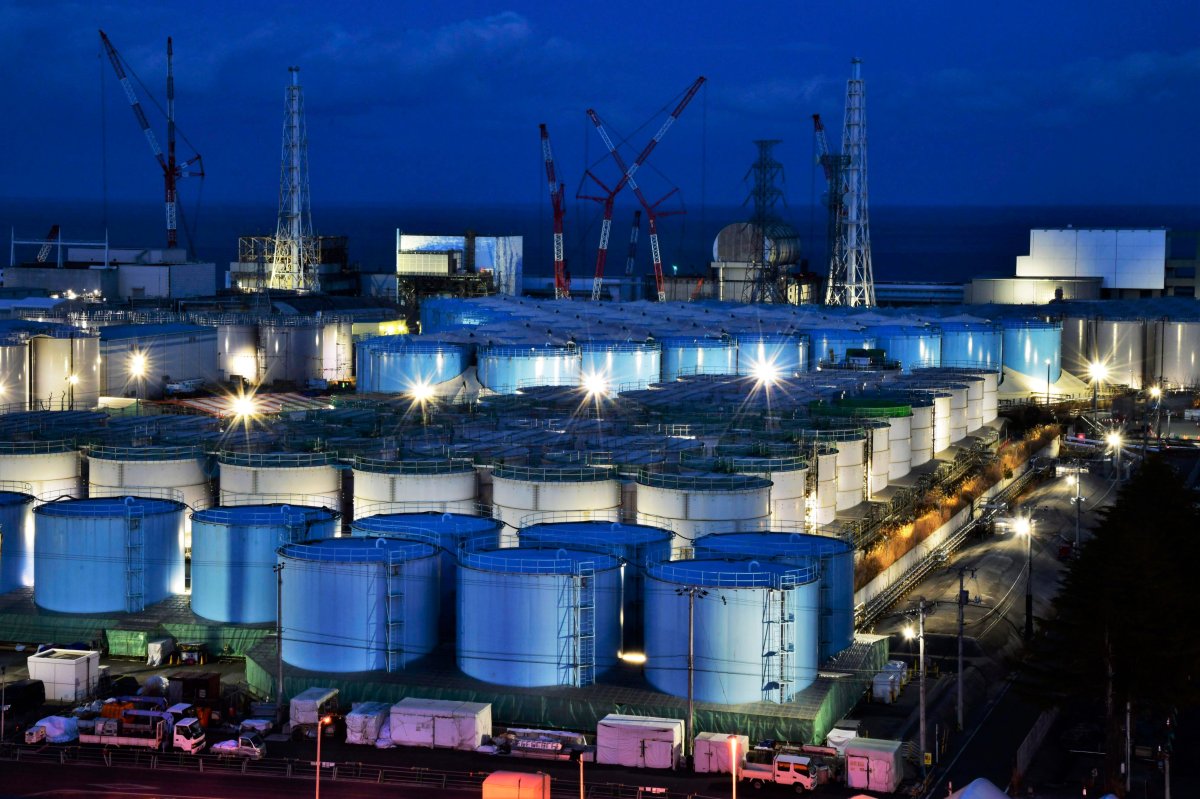Japan’s environment minister says dumping radioactive water into the ocean is the “only option” as storage space dwindles.

Tokyo Electric Power Co. (TEPCO) has collected more than one million tonnes of contaminated water since an earthquake and tsunami ravaged a Fukushima power plant in 2011.
The devastating weather event caused three reactors at the Fukushima Dai-ichi nuclear plant to melt down, forcing more than 100,000 to evacuate and effectively hurling Japan into a nuclear crisis.
Since then, TEPCO has collected a massive body of tainted water, but the utility says storage space will run out by 2022.
More than eight years after the incident, Japan has not formally decided what to do with the water.
“The only option will be to drain it into the sea and dilute it,” Environment Minister Yoshiaki Harada told reporters in Tokyo on Tuesday, as reported by Reuters.
“The whole of the government will discuss this, but I would like to offer my simple opinion.”
Japanese Chief Cabinet Secretary Yoshihide Suga later clarified that the government had not settled on next steps.
He described Harada’s comments as “his personal opinion.”
“There is no fact that the method of disposal of contaminated water has been decided,” Suga said. “The government would like to make a decision after making thorough discussion.”
WATCH: (2017) New underwater robot to probe inner depth of Fukushima

A government-commissioned panel has been tasked with crafting a report about how to dispose of the radioactive water. So far, six options have been presented — one of which is the controlled release of the water into the Pacific Ocean.
While the water has been treated, it still contains radioactive elements.
TEPCO says it has removed radionuclides from the water but has not been able to extract tritium. It is not an unusual practice for nuclear plants located on coasts to dump water that contains tritium into the ocean, however TEPCO admitted last year that the water it has collected is still contaminated — and not just with tritium.
Some nuclear scientists have sided with the dumping option, saying diluting it into the sea is the only realistic route, both scientifically and financially.
The move, if greenlit, would escalate tensions between Japan and South Korea, whose relations are already frosty following a compensation dispute for Koreans forced to work in Japanese factories during the Second World War.
Last month, South Korea called a meeting with a senior Japanese embassy official to discuss how the water from Fukushima would be handled.
Its foreign ministry has encouraged Japan to “take a wise and prudent decision on the issue.”
WATCH: Raw video: Aftermath of earthquake in Fukushima

Kwon Se-jung, South Korea’s government minister for environmental affairs, has suggested the two countries work together on the disposal to protect their citizens and the ocean.
Long-term storage is one of the other options devised by the panel.
However, other experts have suggested that the tanks come with their own risks, including flooding, and can hinder decontamination work at the plant.
The move has also garnered backlash from local residents, specifically those in fishing and agricultural industries, who worry the dumping could damage the reputation of their products.
— With files from the Associated Press and Reuters




Comments